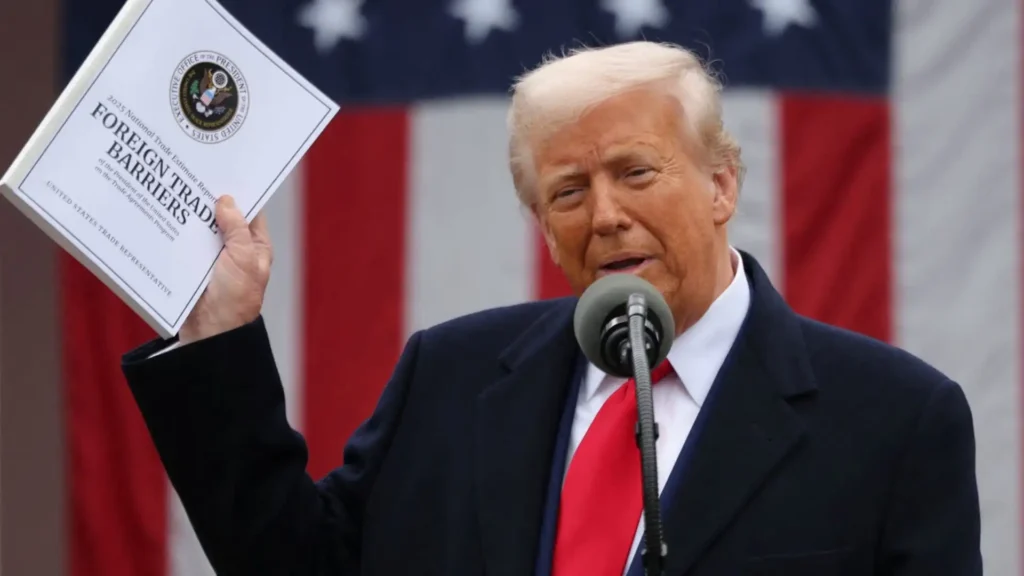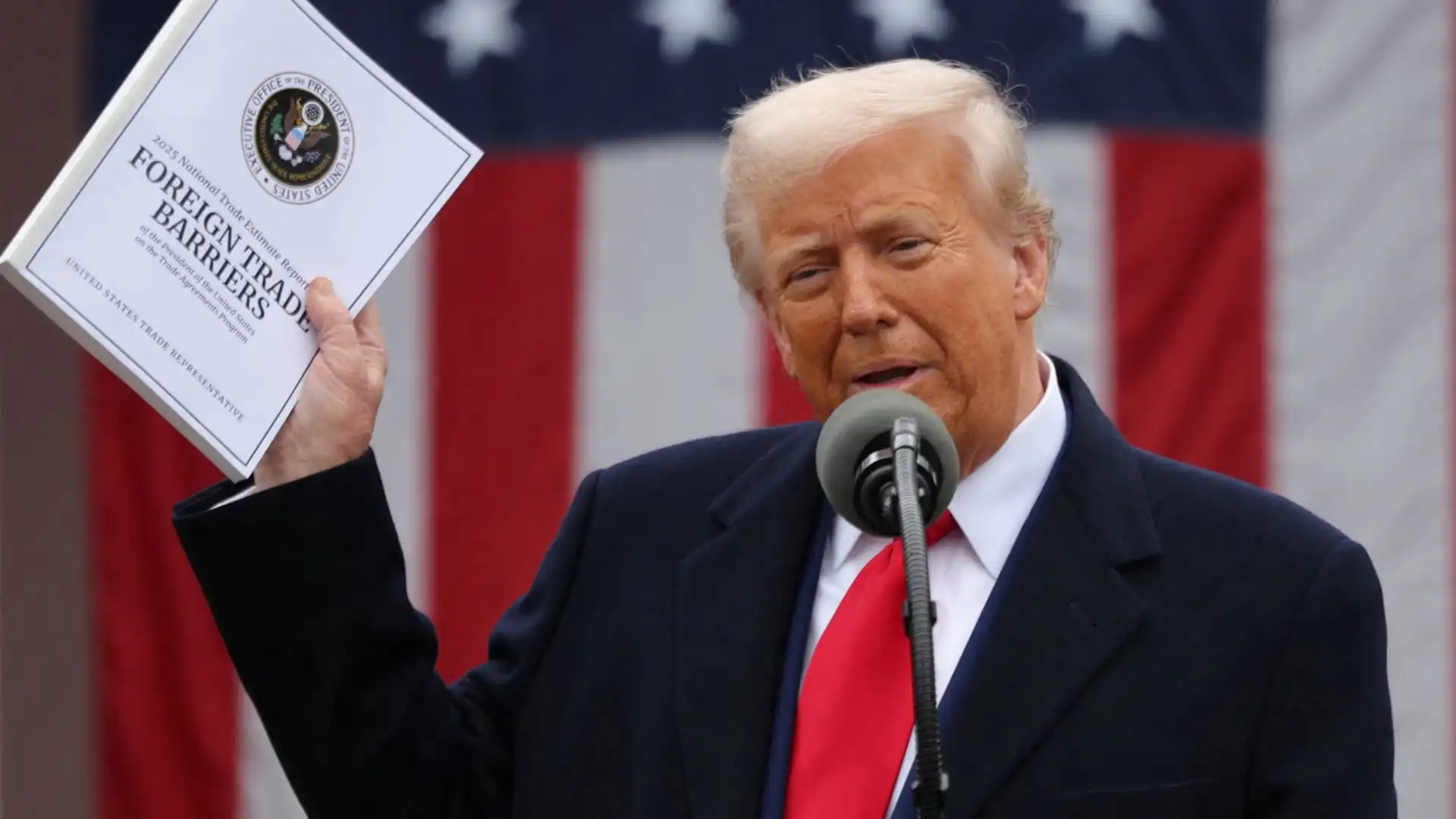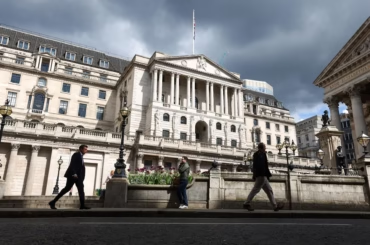
Introduction
As we navigate through 2025, the global economy faces significant challenges marked by heightened uncertainty and escalating trade tensions. These issues are reshaping international trade dynamics and influencing economic policies worldwide. In this blog post, we delve into the key factors contributing to the current economic landscape and explore their potential implications.
📉 Global Economic Slowdown
According to the United Nations Conference on Trade and Development (UNCTAD), global economic growth is projected to decelerate to 2.3% in 2025, slipping below the 2.5% threshold often associated with a global recession. This marks a sharp decline compared to the 2.8% growth observed in 2024. The slowdown is attributed to various factors, including trade policy shocks, financial volatility, and a surge in uncertainty that risk derailing the global outlook. Reuters+2UN Trade and Development (UNCTAD)+2SAFETY4SEA+2UN Trade and Development (UNCTAD)
⚠️ Escalating Trade Tensions
Trade tensions have intensified, particularly between major economies. The World Trade Organization (WTO) warns that global merchandise trade could decline by 0.2% in 2025, with North America facing a significant 12.6% drop in exports. The decline could be even steeper, falling by 1.5%, if trade tensions worsen, including the reactivation of US “reciprocal tariffs” and increasing policy uncertainty. World Economic Forum+1World Trade Organization+1
In the United States, President Donald Trump announced sweeping tariffs on imports from various countries, including a 10% baseline tariff and higher rates for specific nations. These tariffs have sparked retaliatory measures from affected countries, further escalating the trade conflict. Wikipedia+1Wikipedia+1
💼 Impact on Businesses and Markets
The ongoing trade tensions have significant repercussions for businesses and financial markets. Companies are facing increased costs due to tariffs, leading to adjustments in pricing strategies and supply chain operations. For instance, Ford and Mattel have suspended financial guidance due to uncertainty surrounding tariffs, with Ford warning that tariffs may cut $1.5 billion from its profits. WSJ
Financial markets have also experienced volatility, with investors seeking safe-haven assets amid the uncertainty. The U.S. dollar weakened against major global currencies, and gold prices rose as investors sought stability.
🌐 Geopolitical Implications
The trade tensions are not only economic but also geopolitical. Countries are reassessing their alliances and trade partnerships in response to the shifting dynamics. For example, Japan is navigating a delicate balance between its longstanding alliance with the U.S. and improving relations with China, both of which are affected by the ongoing trade disputes. AP News
Similarly, the European Union is taking steps to reduce dependency on Russian gas and is monitoring Chinese imports amid concerns of trade diversion due to escalating U.S. tariffs. The Guardian
🧭 Navigating the Future
The path forward requires careful navigation. International organizations like the International Monetary Fund (IMF) emphasize the need for coordinated policy responses to address the challenges posed by trade tensions and economic uncertainty. Countries are encouraged to engage in dialogue and cooperation to mitigate the risks of economic fragmentation and foster a more stable global economic environment. IMF+1Wikipedia+1SAFETY4SEA
🔗 External Links for Further Reading
- UNCTAD: Trade policy uncertainty reshapes global trade patterns
- WTO warns global trade could fall in 2025 amid rising tensions
- Reuters: Global economic growth could slow to 2.3% due to trade tensions
- AP News: Japan walks a delicate tightrope between US and China amid tariffs
- Reuters: Dollar slides against peers, weighed down by fresh tariff worries






